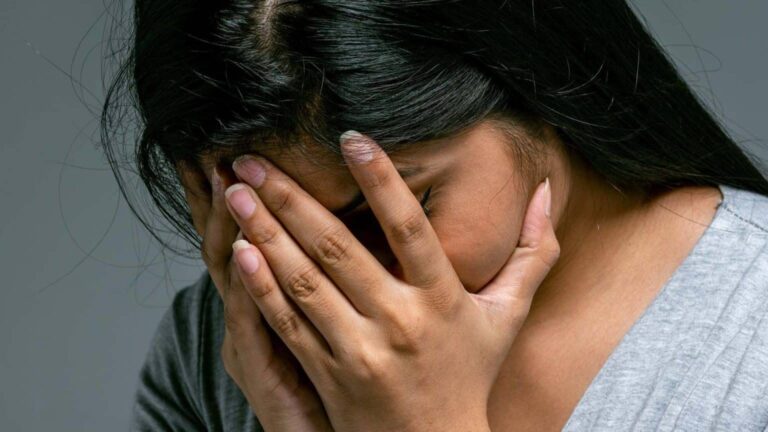
[ad_1]
Get specialist support
When we don’t fully understand an issue, it’s easy to run from it. But you don’t have to do it all on your own. There are some great resources out there from Onus Safe Church and the Black Churches Domestic Abuse Forum. 
“Training is so important,” confirms Kim. “It’s not about having all the answers, it’s about knowing what do to. It’s about changing mindsets and changing thinking. If you knew the signs and understood it would bring a different dialogue.”
You may think that having a response to domestic abuse is an ‘optional extra,’ but research shows that churchgoers are much more likely to seek help from pastors than other agencies. And they usually reach out when the situation has reached a critical point (BCDAF).
If someone were to come to you – would you know what to do?
We build safeguarding into our training strategies; we have health and safety policies; but what about domestic abuse?
As churches we have a duty of care. Women of faith who are victim-survivors of domestic abuse face conflicting emotions relating to fears for the safety of their children, their relationship to their church community, and their own interpretations of spiritual redemption.
As a result, many stay silent for fear of being misunderstood or rejected (Abrahams et al, 2019).
[ad_2]